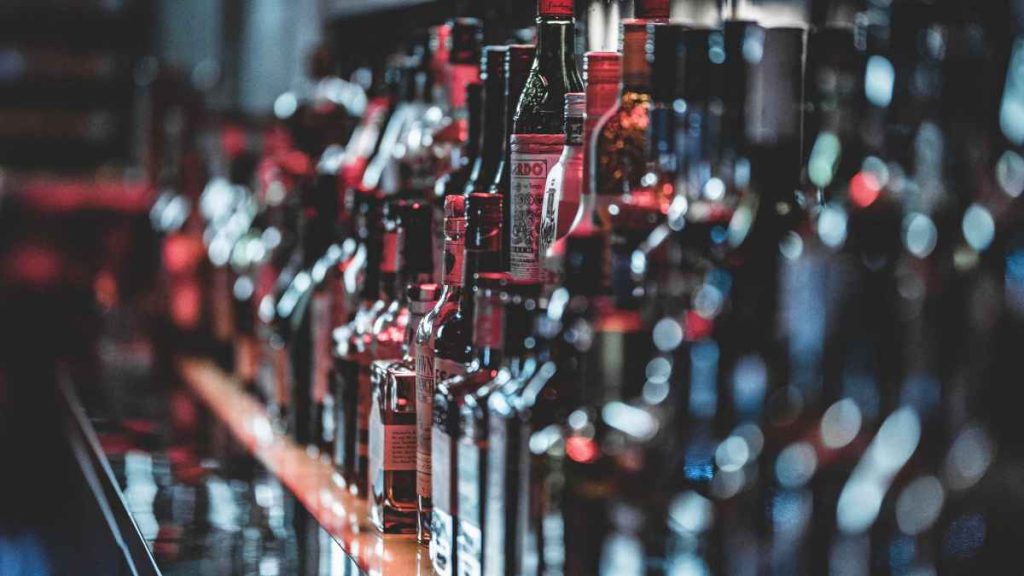Extreme weather, intensified by climate change, is disrupting the drinks industry, i.e., alcohol production across Europe and Ireland. From the vineyards of Italy to the breweries of Dublin, traditional tipples face uncertain futures due to droughts, heavy rainfall, and temperature shifts.
Producers are exploring new solutions, from altering recipes to developing climate-resistant crops, but some beloved beverages may never taste the same again.
Prosecco: Reduced Harvests and Soil Erosion
The world-famous prosecco from northeastern Italy is under threat, with grape yields declining due to extreme weather.
A study published in iScience warns that prosecco harvests are “fragile and under threat”, with climate-induced changes causing:
- Heavy rains leading to soil erosion and landslides in the steep vineyards of Valdobbiadene and Conegliano
- Severe droughts, making irrigation difficult and reducing grape quality
- Harvest reductions of up to 20%, impacting production and pricing
Winemakers are seeking solutions, but if climate patterns worsen, prosecco as we know it may become a rare luxury in Ireland and beyond.
Pálinka: Changing Flavours and Unconventional Ingredients
Hungary’s traditional pálinka, a fruit brandy with deep cultural roots, is being forced to adapt due to shifting weather patterns.
Key threats include:
- Weaker western winds and increased northern cold fronts, causing young fruit to freeze in spring
- Longer droughts, making it harder to cultivate raspberries and blackcurrants, common pálinka ingredients
Some distilleries are now experimenting with late-blooming trees to avoid frost damage, while others have taken an unexpected approach—using kiwi fruit, which is now easier to grow due to Hungary’s warming climate.
British and Irish Beer: Declining Hop Yields
The British and Irish pint is at risk as rising temperatures impact hop production, the essential ingredient for beer’s signature bitterness.
Studies suggest that by 2050, Europe’s hop yield could decline by up to 18%, with consequences including:
- Lower beer production and increased prices in Ireland and the UK
- Changes in taste as brewers experiment with alternative ingredients
- A loss of traditional brewing culture, with more beer needing to be imported
Scientists are working on climate-resilient hops, but developing viable varieties can take up to 10 years. In the meantime, farmers are trying drip irrigation and relocating hop fields near water sources to mitigate losses.
Guinness: Water Scarcity Threatens Ireland’s Most Famous Beer
Diageo Plc, the maker of Guinness, has expressed concerns over water shortages affecting its breweries in Ireland and beyond.
Water scarcity poses a major challenge because:
- Beer is over 90% water, making production heavily dependent on water availability
- Diageo operates 43 sites in water-stressed areas, increasing risks of supply disruptions
- Even the most efficient breweries cannot function without a stable water source
If droughts persist, production of Guinness and other major beer brands in Ireland could become increasingly difficult, leading to higher prices and potential shortages.
What’s Next for Ireland and Europe’s Favourite Drinks?
As climate change disrupts alcohol production, producers in Ireland and across Europe must adapt quickly to protect their heritage drinks. Solutions range from developing drought-resistant crops to shifting production regions, but some beverages may never taste the same again.
Without immediate action on climate change, the future of Ireland and Europe’s most iconic drinks remains uncertain.


